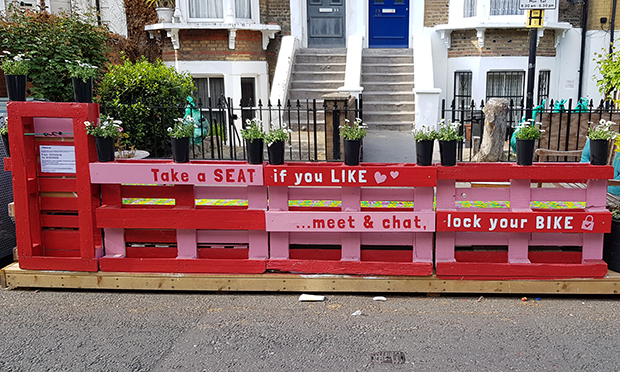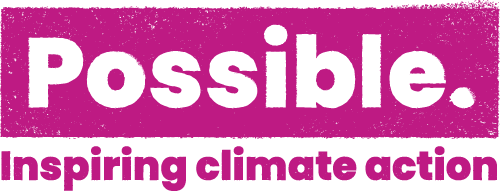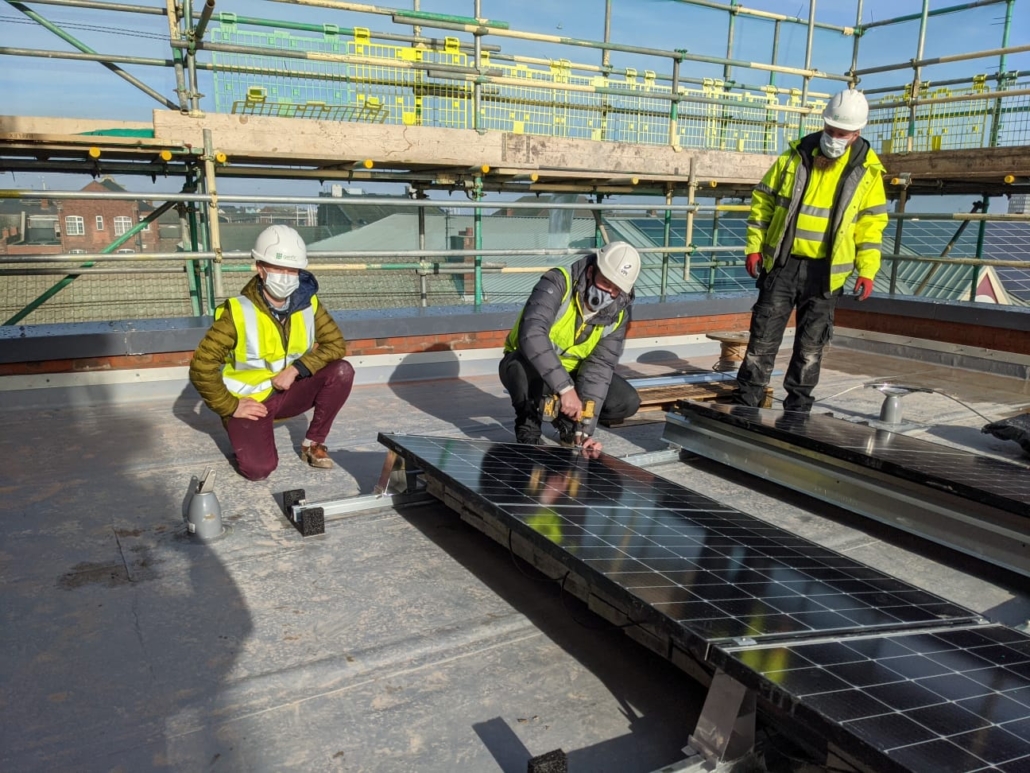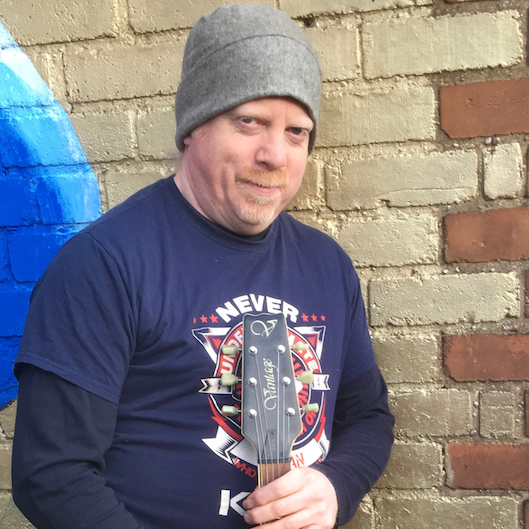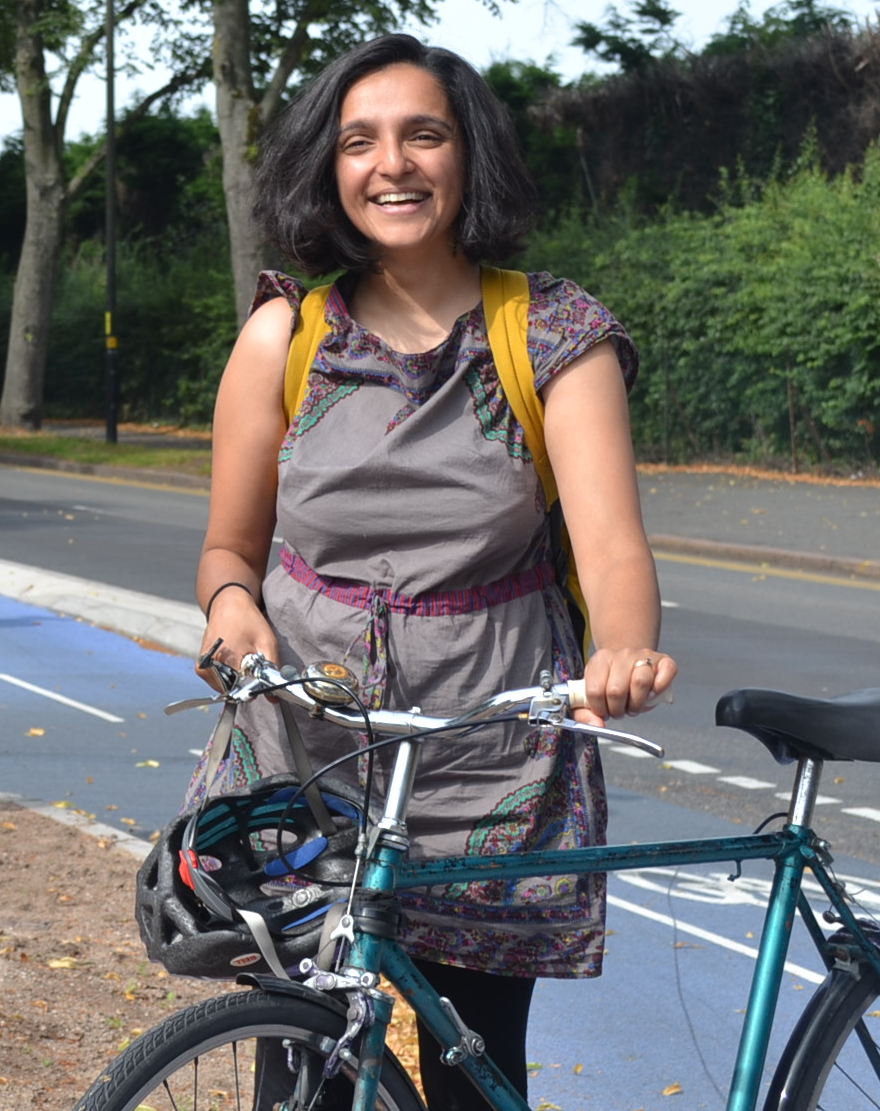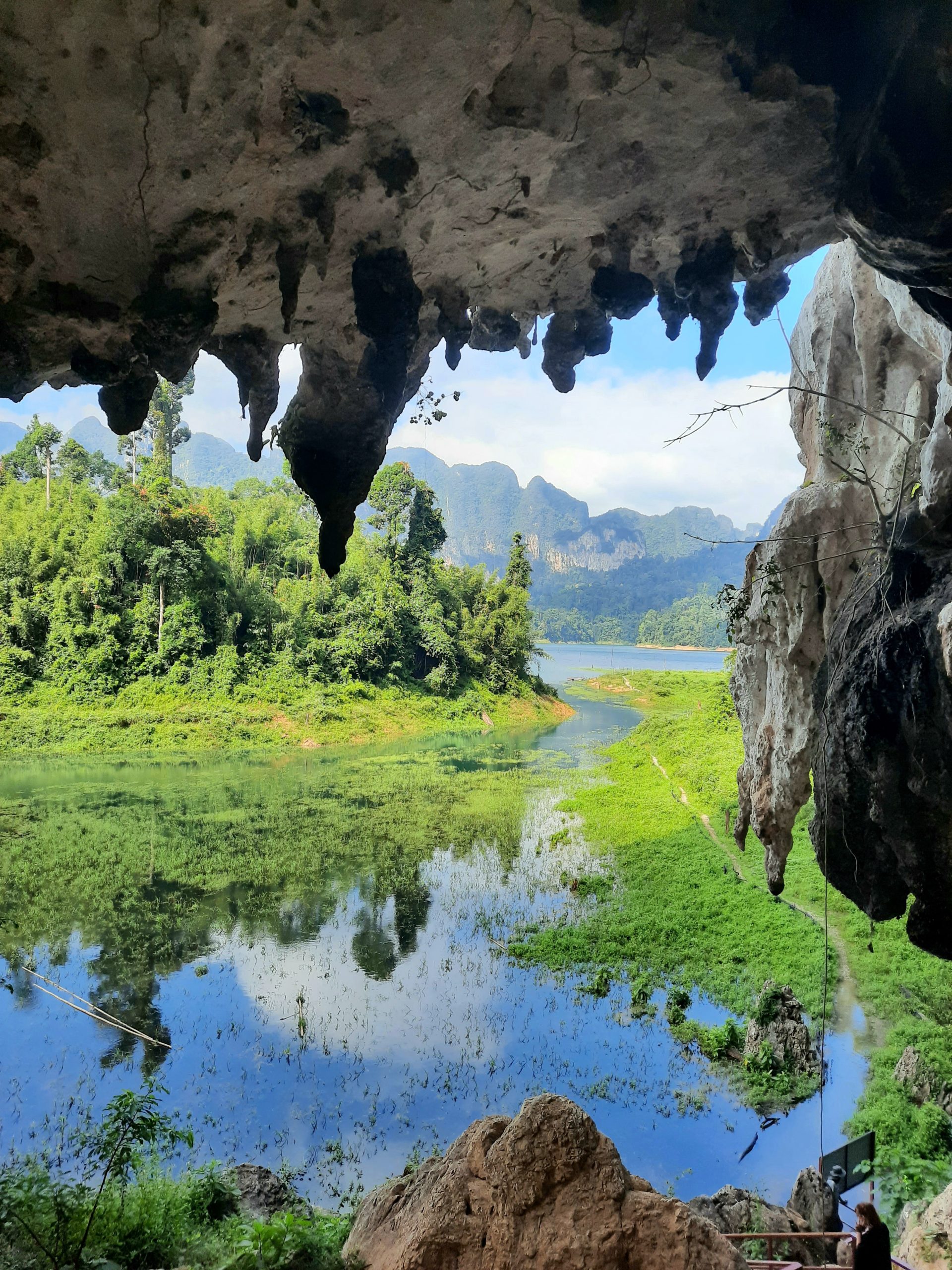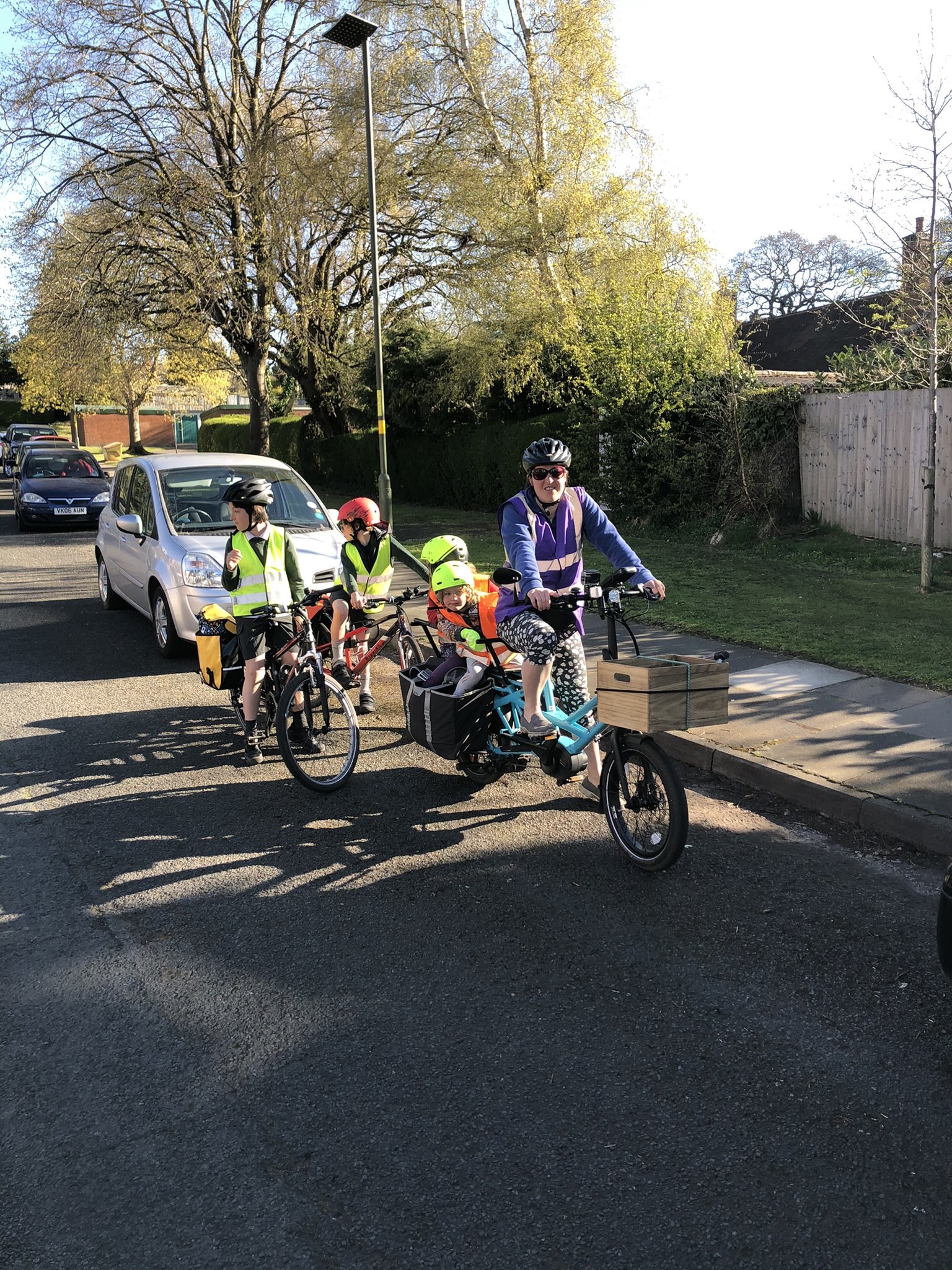Active Travel Campaigner from “Possible, Sandra Green was kind enough to answer my questions about her work on the “Car Free Cities Campaign”.
1) What is “Possible”?
At Possible, we’re on a mission to speed up action on climate change. Whether it’s our Frequent Flyer Levy campaign, our work building solar powered railways, or fighting the ban on onshore wind, everything we do is about inspiring more people to take more action on climate change.
3) How did you get involved with Possible?
I set up Co-wheels Car Club in South Birmingham in 2013, because car share gives people an affordable alternative to private car ownership. Then I worked in the ActiveStreets team at The Active Wellbeing Society, helping people to close their street for a few hours – and wow, suddenly there’s a huge space for everyone to enjoy, that is usually ‘reserved’ for a few cars to pass through.
Several friends and former colleagues sent me the advert for the Car Free Birmingham campaign. I read the details and thought: “this is my DREAM JOB!”
4) Please tell us about the “Car Free Cities” campaign?
Overdependence on cars has blighted our streets, our personal health, and the planet. The dangers of cars are clear, and we need to do something NOW.
Our Car Free Cities campaign aims to help local communities reimagine their own neighbourhoods where car dependency is a thing of the past; and to co-design and deliver practical solutions that reduce motor traffic dominance.
From the outset, we’re clear a “car free city” is a city which is free of the dangers, pollution, and emissions caused by mass private car ownership. It’s not a city with no cars at all. We recognise there are many people, including some disabled people, who cannot get around without a car, and our campaign to reduce the number of cars in cities will make their lives easier too.
5) How do we create modal shift from cars to active travel and public transport?
There are lots of things we can do! Here are three examples (there’s lots more information on our website):
- As individuals, we need to be part of the solution. Those of us who can walk or cycle (or take public transport) need to actively choose these modes of transport whenever we can. And if you have to drive, don’t nip through minor roads, don’t park on the pavement, and switch off your engine if you are parked. All these things will help make it easier for people to walk or cycle.
- As a city, we need to cut car dominance – let’s use public space for people, not cars! Our streets and shopping centres will be safer and more attractive if we give priority to walking and sitting and green space. The alternatives to private car ownership (buses, trains, trams, car clubs, bike share, cycle lanes, e-scooters) all need to significantly increase their capacity, and become more accessible and affordable.
- As a society, we also need to stop pushing the fake idea that bigger and bigger cars are a ‘good thing’. We call this ‘Badvertising’ – bombarding us with billboards promoting high carbon products like SUVs.
6) How are car clubs part of reducing car use in our cities?
If you use a car club, you only pay when you actually use it (and the price includes fuel, insurance, road tax, maintenance, etc). If you own a car, you are paying for it 24/7, 365 days a year, so it tends to be your default method of transport (you’re already paying for it after all). Car club members drive less because we can choose the best method for every journey, knowing we have access to a car when we need it, without all the other hassles of running your own car. A car club car can replace up to 20 private cars, so they save street space as well – space we could use for everyone, by creating parklets (see below).
7) What can individuals do to support the “Car Free Cities campaign”?
At Possible, we are planning several activities to encourage people and politicians to take back our streets from motor traffic. You can join our mailing list here
Right now, we are looking for volunteers to help us carry out a citizen science survey. We are going to streets where through-traffic has been blocked, and find out what people who live there think of these traffic filters.- you can find out more here.
We also want it to be easier for people to change car parking spaces into ‘parklets’. These can be an oasis for people to use with tables, benches, plants – we are going to help people to plot their perfect parklet!
We also encourage people to talk about car dominance in our cities: if you drive more than you probably should, what needs to change, and what information do you need, so that you can travel in other ways?
———————————————————
If you want to contact Sandra Green about her work you can do so at
sandra@wearepossible.org
https://www.wearepossible.org/carfreecities

